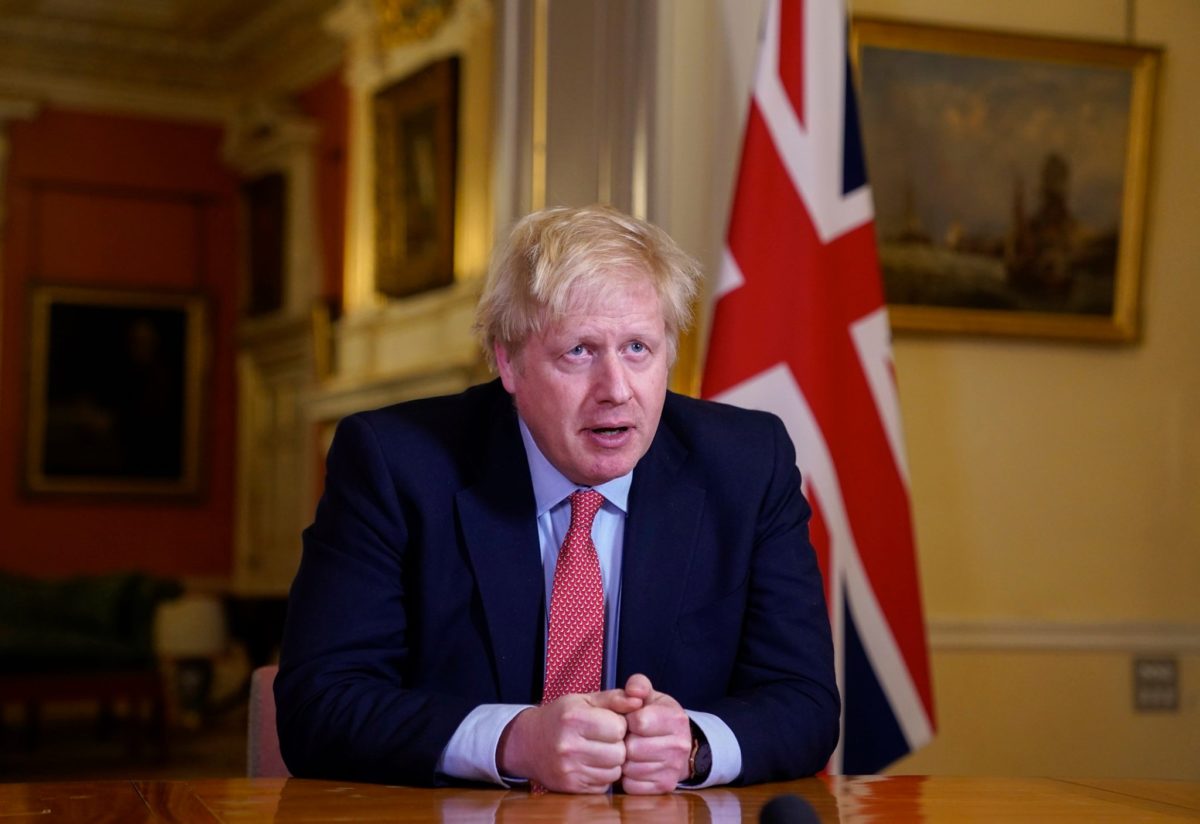KUALA LUMPUR, April 3 – The UK has pledged to test 100,000 per day by the end of April amid criticism that its current testing numbers are lower than that of other nations at similar stages of the coronavirus infection.
“That is the goal and I am determined we will get there,” said Health Secretary Matt Hancock, according to CNN.
Despite the announcement of the new target, the country had yet to meet its current target of 25,000 tests per day.
Chief Medical Officer Chris Whitty said last week that the UK did not have “sufficient testing” capabilities to identify cases, due to a “global shortage” of available tests.
Medical frontliners have also complained that personal protective equipment and some medical supplies are running low.
To address this, the UK has come up with a five-pillar testing strategy which includes swab testing in Public Health England labs and within the NHS in hospitals; partnerships with universities, research institutes and companies build new labs and testing sites across the country; blood tests designed to tell if people have had the virus and are now immune; surveys on the proportion of the population already had the virus, using an antibody test with a 3,500 of tests a week; and partnerships with pharmaceutical giants to build a British diagnostics industry at scale.
“We acknowledge that more needs to be done in relation to testing. We need to be testing more people and we need to be making progress very quickly,” a spokesman to Prime Minister Boris Johnson said.
A total of 10,412 tests were carried out across the country on Tuesday, he said.
Downing Street stated that 2,800 NHS workers have now been tested at drive-in testing facilities.
“We’re in constant discussions with colleagues in Germany — and other countries — around what they’re doing, where their sources are coming from, what their supply system is. Of course, we need to build this further,” said Paul Cosford, emeritus medical director of Public Health England.
Separately, a spin-off company of the Britain’s prestigious University of Cambridge has developed a “rapid diagnostic test for Covid-19” which can deliver a result in “less than 90 minutes”.
“The SAMBA II machines, developed by Diagnostics for the Real World, provide a simple and accurate system for the diagnosis of Covid-19 infection,” CNN cited a statement by the university.
A Cambridge hospital expects to receive the first 10 machines this week, it added.
In another development, the British Medical Association has prepared a new guideline for doctors to make decision on who should receive lifesaving equipment that are scarce if cases continue to increase and overwhelms the system.
“As such, some of the most unwell patients may be denied access to treatment such as intensive care or artificial ventilation,” said the BMA’s note.
“This will inevitably be indirectly discriminatory against both the elderly and those with long-term health conditions, with the latter being denied access to life-saving treatment as a result of their pre-existing health problems.”
The guidelines could see older patients with a low chance of survival have life-saving ventilators removed so the machines can be given to healthier patients.
As of April 2, the UK recorded 33,718 positive cases and 2,921 deaths.








